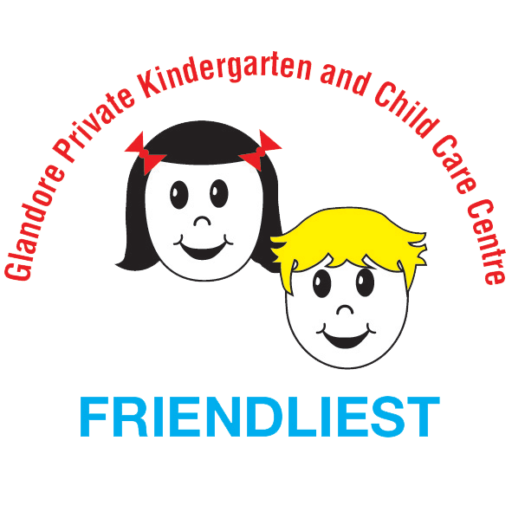
How Does Play Promote Brain Development?
The Early Years Learning Framework is the basis for the Curriculum and Program planning in our centres. Providing opportunities for children to learn through play is one of the practices specified in the document.
Researchers have been studying how young children learn for many decades, and there is a huge amount of evidence of the benefits children gain through play. Some of these are –
- Developing of gross and fine motor physical skills and co-ordination

- Improving health through active play
- Learning the skills of social interaction when playing with others
- Improving awareness of their emotional reactions, and learning appropriate behaviours
- Strengthening their sense of well being and mental health by engaging in enjoyable activities. Wellbeing is also promoted by successfully meeting challenges
- Enriching imagination through dramatic and pretend play
- Promoting creativity, not only through arts and crafts, but by using objects in innovative ways
- Stimulating language development through interactions
- Learning problem solving skills
- Gaining basic understanding of maths, science
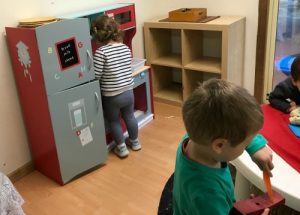 It is exciting to learn that in recent times, Neuroscience has been used in this research. We are now better able to understand the changes which take place in developing brains, and the factors which aid or inhibit optimal outcomes for children. Play can –
It is exciting to learn that in recent times, Neuroscience has been used in this research. We are now better able to understand the changes which take place in developing brains, and the factors which aid or inhibit optimal outcomes for children. Play can –
Increase BDNF, essential for brain cell growth
Active exercise and Vitamin D gained from outside play are factors which are thought to increase BDNF which is a substance essential for the growth of brain cells. Higher levels of BDNF are thought to improve memory, enable faster learning, rewire the brain, and help to protect it from damage from stress.
Enhance Metacognition
Metacognition is a higher order thinking which enables us to think about and regulate our own thinking. It refers to the processes used to plan, monitor, and assess one’s understanding and performance. It also includes knowledge about when and how to use different strategies for learning or problem-solving.
Researchers have found that engaging in social pretend and dramatic play develops this vital skill in young children.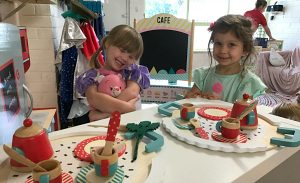 Promote Metacommunication
Promote Metacommunication
Metacommunication is all the nonverbal cues we use to enhance the meaning of our words. Examples are tone of voice, body language, gestures or facial expressions.
Children engaged in social pretend play, or dramatic play, enrich their verbal language with accompanying appropriate gestures, usually ones they have observed in use by familiar adults.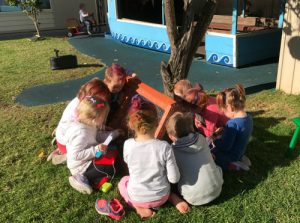
Develop Social Referencing
Social Referencing involves, checking others cues before acting, which is a useful skill for developing social skills and empathy.
Increase Understanding of others’ Intentions, Understanding that the play is a pretend world, Understanding that objects can be symbols, and Learning there can be alternative ways of looking at the world
These are other cognitive skills acquired through social pretend play. How children acquire these skills is increasingly a focus of research.
Early childhood educators have known of the enriching benefits of play for many decades. Neuroscience is now confirming these benefits, as well as finding even more compelling reasons for children to learn through play.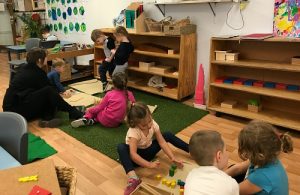
References
https://www.parentingscience.com/benefits-of-play.html
https://www.kidsmatter.edu.au/mental-health-matters/social-and-emotional-learning/play
Neuroscience and learning through play: a review of the … – Lego cache.lego.com/r/legofoundation/-/media/…/neuroscience%20review_web.pdf?l.r2…
